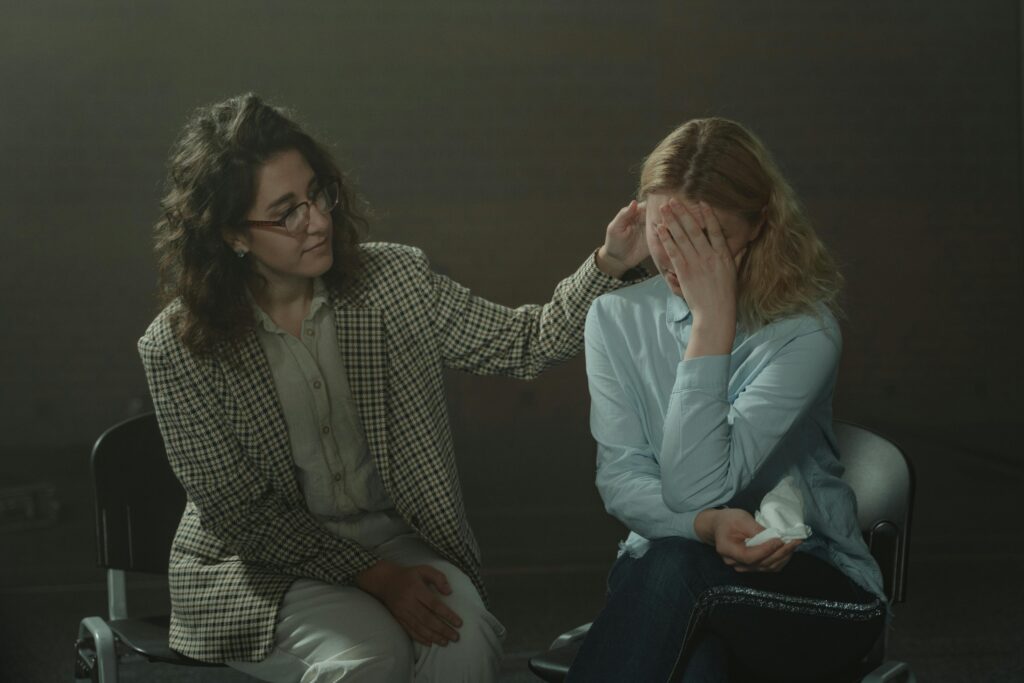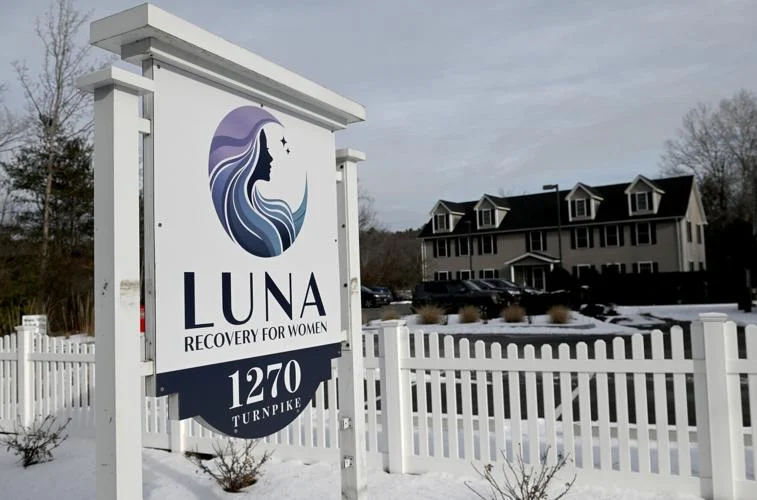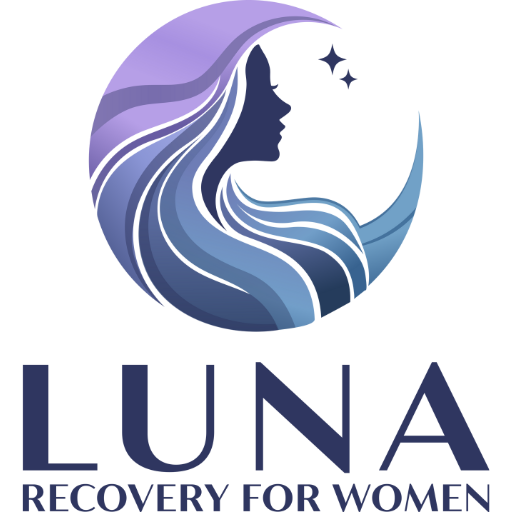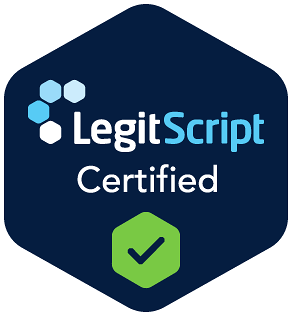If you’re ready to take meaningful steps toward overcoming alcohol addiction, finding the right Alcoholics Anonymous (AA) meeting can be a valuable part of your recovery journey. AA meetings offer a supportive, non-judgmental space where individuals in recovery come together to share their experiences and encourage each other. But with so many different types of meetings available, figuring out where to start can feel overwhelming.
At Luna Recovery for Women, we understand how important it is to find an AA meeting that feels right for you—one that supports your goals and meets your needs. Here’s how you can get started and find the right AA meeting for you.
7 Ways to Find the Right AA Meeting

1. Learn About the Different Types of AA Meetings
Before diving in, it helps to know that not all AA meetings are the same. Each type offers something unique, and understanding the differences can help you choose one that aligns with your comfort level and recovery goals.
- Open Meetings are accessible to anyone, including family members or those just curious about AA. These are great for newcomers and offer an introduction to the program.
- Closed Meetings are reserved for individuals who acknowledge they have a problem with alcohol. These meetings often allow for more personal and vulnerable sharing.
- Speaker Meetings involve one member sharing their story of addiction and recovery. These sessions can be incredibly inspiring and informative.
- Discussion Meetings are more interactive, giving attendees a chance to reflect on recovery topics like coping with cravings or managing stress.
- Step Meetings focus on the 12 Steps, with each session dedicated to one step. Members talk about their experiences and progress working through the steps.
- Big Book Meetings revolve around reading and discussing the Alcoholics Anonymous book, often called the “Big Book,” to better understand the program’s core principles.
2. Consider What Works Best for You
Choosing the right meeting also means thinking about your own preferences and what kind of environment will best support your recovery. Ask yourself:
- Do you feel more comfortable in small or large groups? Some prefer the anonymity of a big crowd, while others value the intimacy of smaller circles.
- Would you relate more to a group that reflects your life experience? There are AA meetings specifically for women, LGBTQ+ individuals, young adults, and professionals.
- Do you like structured meetings, or do you prefer open discussion? If structure helps you stay focused, Step and Big Book meetings might be ideal. If you prefer sharing and group dialogue, discussion meetings may be a better fit.
- What’s your availability? AA meetings are held throughout the day—from early morning to late at night. Choose a time that works well with your schedule to ensure consistency.
3. Use Online Tools to Locate Meetings Near You
Once you know what kind of meeting you’re looking for, the next step is to find one nearby. Fortunately, there are several reliable resources that can help:
- AA.org (Alcoholics Anonymous official site) offers a “Find a Meeting” feature that allows you to search by location, meeting type, and format (in-person or online).
- Local AA Intergroup websites often list all the available meetings in a specific region, including details like group size, meeting format, and special focus groups.
- Apps like “Meeting Guide” or “In the Rooms” provide a mobile-friendly way to find both virtual and in-person AA meetings quickly, which is helpful if you’re traveling or need flexibility.
4. Try a Few Meetings to See What Feels Right
You may not find the perfect AA group on your first try—and that’s okay. Every meeting has its own vibe, and it’s worth attending a few different types to discover where you feel most comfortable.
- Explore a mix of meeting types. You might find motivation in a speaker meeting and connection in a discussion-based group.
- Give it time. It can take a few visits to settle in and feel part of the group.
- Ask others for recommendations. If you know someone already attending AA, they may be able to suggest meetings that could be a good fit.
5. Consider Virtual Meetings for More Flexibility
Online AA meetings are now widely available and offer flexibility for those with busy schedules, limited transportation, or who simply feel more comfortable connecting from home. Many online groups operate 24/7 and follow the same structure and principles as in-person meetings.
Using platforms like Zoom or Skype, you can join meetings from anywhere while still receiving the same level of support and connection. For many people, virtual meetings are just as effective and meaningful as meeting face-to-face.
6. Look for a Sponsor to Guide Your Recovery
A key part of AA’s support system is sponsorship. A sponsor is someone with sustained sobriety who offers one-on-one guidance, accountability, and encouragement. They help newcomers work through the 12 Steps and navigate challenges along the way.
At many meetings, individuals willing to sponsor will introduce themselves. If someone’s story or energy resonates with you, don’t hesitate to ask if they’re open to becoming your sponsor. This relationship can be incredibly grounding and transformative.
7. Stay Open to the Process
Finding the right AA meeting is a personal journey—and a powerful step toward sustained sobriety. The key is to stay open-minded, try different options, and give yourself the grace to explore what works best. Whether it’s the first meeting or the fifth, each experience brings you closer to building a strong recovery network.
Get Addiction Treatment Support at Luna Recovery for Women

Choosing the right AA group can make a major difference in your recovery. At Luna Recovery for Women, we’re here to help you navigate your options and connect with the support that aligns with your needs. Whether you’re just beginning or continuing your journey, we can help you build a strong foundation for lasting change.
Check out our local treatment guide, which shares addiction treatment resources for many cities through Massachusetts. Or call us today for guidance, resources, and compassionate support as you take the next step in living a sober, empowered life.


